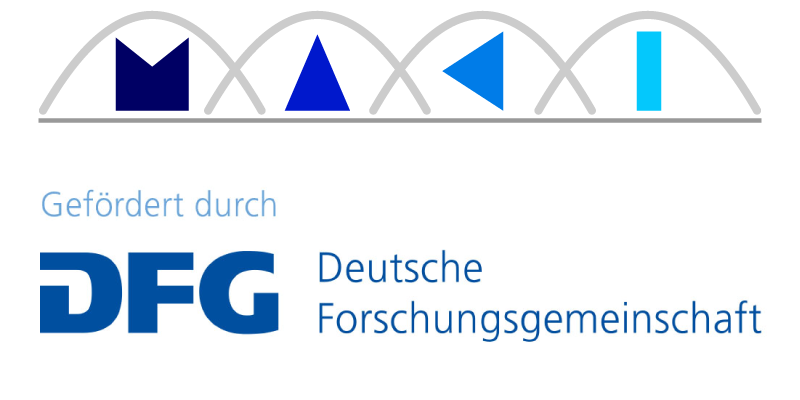| Vortragender | Joe Mambretti |
| Titel | Linking together two worlds : MAKI-GENI |
| Zeit | Donnerstag, 15.9.2016, 10:00 |
| Ort | S3/20 Raum 111, Rundeturmstraße 10, 64293 Darmstadt |
| Abstract | |
| All advanced economies in the world have become based on digital information, transmitted by foundation communications infrastructure, which has become a dominate platform for the delivery of many rapidly growing and evolving consumer, enterprise and specialized services. This dependency on digital communication services will continue to accelerate for the foreseeable future. Consequently, the fundamental architecture, services, technologies, protocols, processes and infrastructure that support these services must rapidly evolve to meet the many challenges that arise through the ongoing deployment of communication services as a central and essential resource to all aspects of society. Such progress can take place only through high quality fundamental research, including, and perhaps especially, through international cooperative research. Currently, an opportunity exists to undertake multiple primary network research challenges by integrating two worlds – the Multi-Mechanisms Adaptation for the Future Internet (MAKI) and the US National Science Foundation’s Global Environment for Network Innovations (GENI), a major experimental network research testbed with multiple international extensions. This presentation will provide an overview of some of the opportunities provided by such international research collaborations. | |
| Bio | |
|
Joel J. Mambretti is Director of the International Center for Advanced Internet Research at Northwestern University, which is focused on developing digital communications for the 21st Century. The Center, which was created in partnership with a number of major high-tech corporations, focuses on large scale next-generation communications infrastructure, networks, and applications (metro, regional, national, and international). The Center also undertakes public policy projects related to large scale communications infrastructure. He is also Director of the Metropolitan Research and Education Network, or MREN, an advanced high-performance network interlinking organizations in seven upper-Midwest states. MREN, which designed and developed the world's first GigaPOP, is now designing the Optical MREN, based on wavelength switching. With its corporate partners, iCAIR has established the Optical Metro Network Initiative, which has created the OMNInet testbed, the world's first 10GE service trial, based on dynamic wavelength switching. |
|
SFB 1053 MAKI

Joe Mambretti
Joe Mambretti



